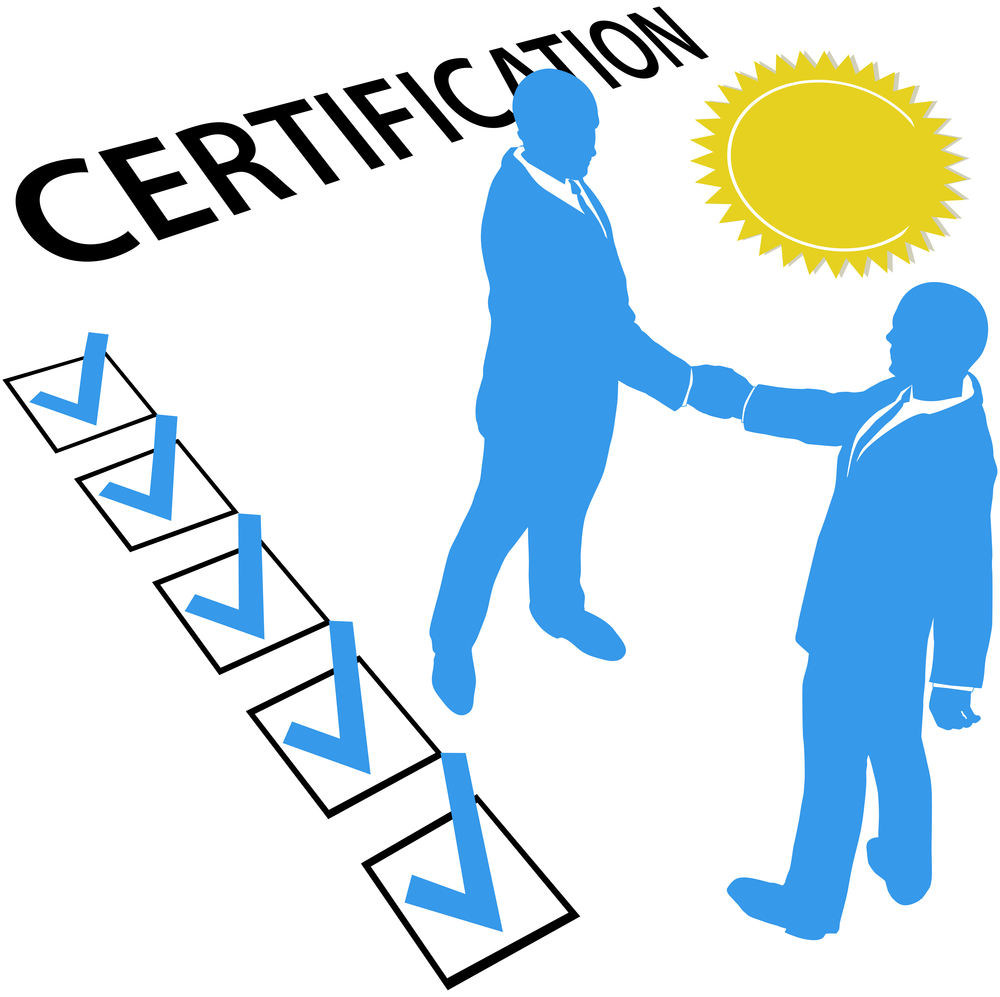
Are Certifications Useful?

There are several benefits to getting an IT certification and several associated costs too.
Certifications can give you the chance to learn the necessary skills and be a quick way to show employers you have those skills.
On the other hand, certifications can require studying or coursework. You will invest a significant amount of time to master the material. They cost up to several hundred dollars to take.
So how do you know that the benefits will outweigh the costs for you?
Certification or no certification, in the end, what matters most is your actual ability to do the job.
Here are a few things to consider as you decide whether to get an IT certification.
Java Certifications
If you are a young and ambitious Java developer, ypu must acquire the Oracle certified Java developer certification [1, 2]. I do not think you will be a better programmer after getting a certificate. The certification program will push you to learn the details of the programming language and the details of the standard libraries. This knowledge is the difference between a professional engineer and an amateur one.
The question is if you want to update your certification each time a new long-term solution is delivered. Over the years, I acquired the certification for Java 2, 7,8, and 11 releases. The exam objectives certainly forced me to learn the new features of the language and libraries. I also discovered some arcane idioms I never used in productive code.
I think a young developer should be certified for her main programming language and technology stack she is using daily. I also acquired the Vaadin certification because I regularly developed full-stack applications with Java and Vaadin.
Software Architecture Certifications
A software architect certainly should possess a certification showing his architectural capabilities.
The TOGAF standard is still the seminal reference for all software enterprise architecture activities. On the bright side, the steward Open Group of the TOGAF certification [7] has realized that agile is the way to develop digital products [7].
The iSAQB certification is well-known in Europe and especially in the German-speaking countries. The foundation now also provides training in agile software architecture in their advanced track [6].
Agile Certifications
Agile approaches and Scrum framework are the regular approach to successfully developer software and digital products. I expect a professional software developer to have a formal training how to apply correctly the Scrum approach [7, 8].
The two biggest Scrum associations Scrum Alliance and Scrum.org provide similar certification paths for Scrum. For each role, you can progress from beginner, over advanced, and finally reach the professional certification level. You should at least pursue the beginner and advanced level to reflect your professionalism.
I often suggest pursuing the certifications of Scrum.org because you do need to renew them. Scrum Alliance requests you to renew your certification every two years and provide proof of continuous training. This approach is similar to PMI.
You can find more information in these articles about Scrum master [1], product owner [2] and developer [3] certification paths.
I strongly advocate to avoid SAFe trainings because this approach is flawed. I recognize that sadly SAFe is very popular in big companies.
If you are interested in scaling agile, please consider first a formation and certification in LeSS. I strongly recommend first mastering Scrum and lean approaches before tackling scaling approaches in software product development.
Other Certifications
The PMI-ACP [4] is the agile certification from the project management institute. It has value in North America. It is quite unknown in Europe.
Thoughts
A certification is a proof that a professional software engineer invested in his continuous formation. Consider acquiring a certification to show your commitment to a specific field in our industry. But it cannot replace a formal bachelor or master level education in computer science or software engineering.
|
Certifications are quite meaningful for junior engineers. They learnt the theory and proved they understood the concepts. Experienced engineers are seldom challenged when learning for a certification. It is more of a memorization exercise and less of learning new techniques. |
Training on the job is nice and efficient. A few lecture days before taking a multiple-choice test and receiving a nice certificate is also worth the time.
It definitively cannot replace university level formation. No country in the world would accept only training on the job for a physician, a surgeon, or a structural engineer.
Why does our industry still believe you can work as a professional developer without any formal training?
Links
References
[1] J. Boyarsky and S. Selikoff, OCP Oracle Certified Professional Java SE 17 Study Guide. Wiley & Sons, Limited, John, 2022 [Online]. Available: https://www.amazon.com/dp/B09WJP11JL
[2] J. Boyarsky and S. Selikoff, OCP Oracle Certified Professional Java SE 11 Developer Complete Study Guide. Wiley & Sons, Incorporated, John, 2020 [Online]. Available: https://www.amazon.com/dp/B08DF4R2V9
[3] D. Farley, Modern Software Engineering. Pearson Education, Limited, 2022 [Online]. Available: https://www.amazon.com/dp/B09GG6XKS4
[4] J. Humble and D. Farley, Continuous Delivery. Addison-Wesley Professional, 2010 [Online]. Available: https://www.amazon.com/dp/0321601912
[5] N. Ford, R. Parsons, and P. Kua, Building Evolutionary Architectures: Automated Software Governance, Second. O’Reilly Media, 2023 [Online]. Available: https://www.amazon.com/dp/B0BN4T1P27
[6] E. Evans, Domain-driven design. Addison-Wesley, 2004 [Online]. Available: https://www.amazon.com/dp/0321125215
[7] D. McGreal and R. Jocham, The Professional Product Owner. Addison-Wesley Professional [Online]. Available: https://www.amazon.com/dp/B07D5ZPJBY
[8] S. Ockerman and S. Reindl, Mastering Professional Scrum. Addison Wesley, 2019 [Online]. Available: https://www.amazon.com/dp/B07XTLNPTC